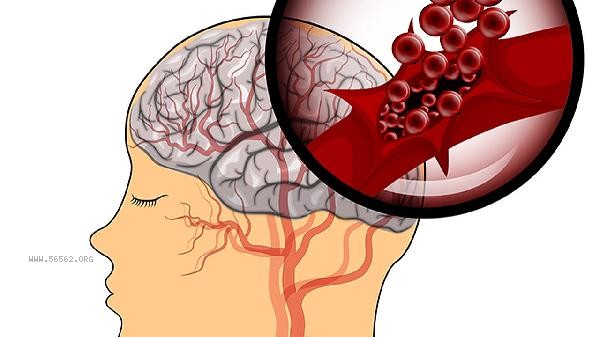The brain's constant forgetfulness may be related to reasons such as insufficient sleep, excessive stress, malnutrition, mild cognitive impairment, Alzheimer's disease, etc. Long term memory loss is recommended to seek medical evaluation in a timely manner to rule out pathological factors.

1. Lack of sleep
Long term insufficient sleep time or poor sleep quality can affect hippocampal function, leading to a decrease in short-term memory encoding ability. Adults need 7-9 hours of deep sleep per day, and the rapid eye movement sleep stage is particularly important for memory consolidation. Improving the sleeping environment and establishing a fixed schedule can help alleviate such memory problems.
2. Excessive stress
Chronic stress can continuously increase cortisol levels and inhibit neural plasticity in the prefrontal cortex and hippocampus of the brain. psychological factors such as work pressure and emotional anxiety may manifest as short-term memory disorders such as forgetting and forgetting when words are spoken. Mindfulness meditation and aerobic exercise can effectively reduce the impact of stress hormones.
3. Malnutrition
Vitamin B12 deficiency can lead to myelin synthesis disorders, affecting nerve signal transduction; Insufficient omega-3 fatty acids may accelerate brain cell aging. Balanced intake of deep-sea fish, nuts, green leafy vegetables and other foods, supplemented with sufficient high-quality protein and antioxidants, plays an important role in maintaining memory function.

4. Mild cognitive impairment
This is a transitional state between normal aging and dementia, mainly characterized by forgetting recent events but retaining daily living abilities. It may be related to cerebral vascular micro injury and abnormal deposition of tau protein. Cognitive training and control measures can delay the progression of the disease, and regular neuropsychological evaluations are necessary.
5. Early typical symptoms of Alzheimer's disease
include repeated questioning, forgetting recent conversation content, etc., which are related to the destruction of neuronal synapses by beta amyloid plaques. Early medical attention is necessary when accompanied by orientation disorders and personality changes, and acetylcholinesterase inhibitors can improve symptoms to a certain extent.

It is recommended to maintain regular aerobic exercise to promote blood circulation in the brain, adopt a Mediterranean diet to increase antioxidant intake, and stimulate cognitive reserve through mental activities such as reading and chess. Avoid long-term alcoholism and smoking, and control basic diseases such as hypertension and diabetes. If the symptoms of forgetfulness continue to worsen or affect daily life, one should promptly seek professional cognitive function assessment and brain imaging examination at the neurology department.







Comments (0)
Leave a Comment
No comments yet
Be the first to share your thoughts!